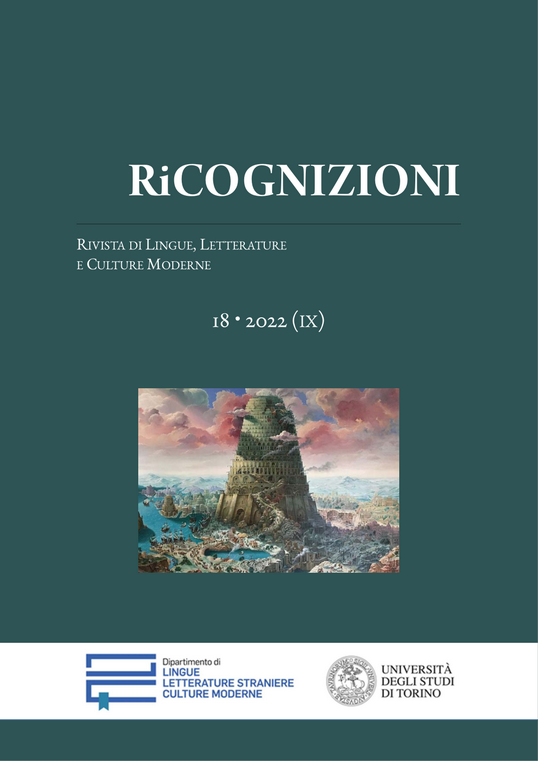A Computational Linguistic Approach to Conlang Research Literature
DOI:
https://doi.org/10.13135/2384-8987/7090Keywords:
Conlang, Computational Linguistics, Natural Language Processing, Bibliometrics, Network AnalysisAbstract
The field of Conlang has evidenced an important growth in the last decades. This has been the product of a wide interest on the use and study of conlangs for artistic purposes. However, one important question is what it is happening with conlang in the academic world. This paper aims to have an overall understanding of the literature on conlang research. With this we aim to give a realistic picture of the field in the current age. We have implemented a computational linguistic approach, combining bibliometrics and network analysis to examine all publications available in the Scopus database. Analysing over 2300 academic publications since 1927 until 2022, we have found that Esperanto is by far the most documented conlang. Three main authors have contributed to this: Garvía R., Fiedler S., and Blanke D. The 1970s and 1980s have been the decades where the foundations of current research have been built. In terms of methodologies, language learning and experimental linguistics are the ones contributing to most as the preferred approaches of study in the field. We present the results and discuss our limitations and future work.
Downloads
Published
How to Cite
Issue
Section
License
RiCognizioni is published under a Creative Commons Attribution 4.0 International License.
With the licence CC-BY, authors retain the copyright, allowing anyone to download, reuse, re-print, modify, distribute and/or copy their contribution. The work must be properly attributed to its author.
It is not necessary to ask further permissions both to author or journal board.








